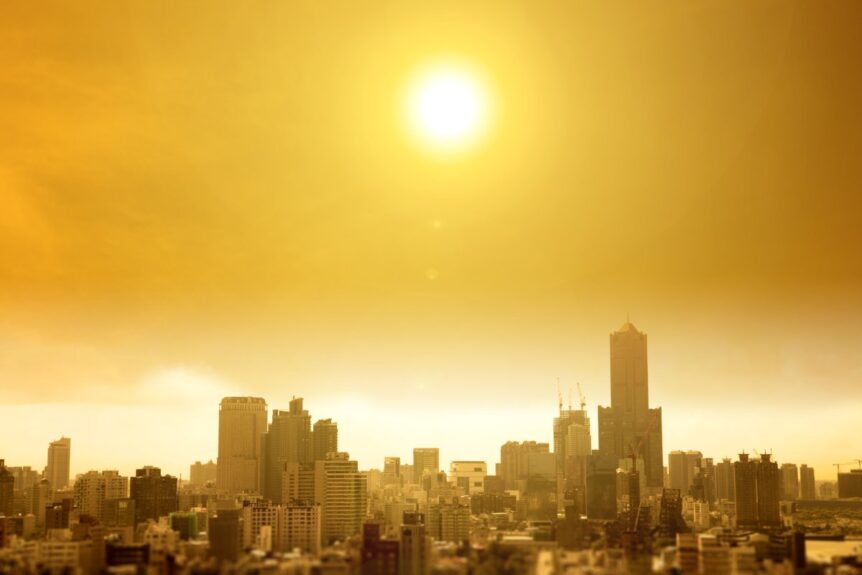As intense heat keeps scorching the US, various attorneys general are asking the government to step in and save Americans who are “suffering and dying from extreme heat.”
Remember Last Year?
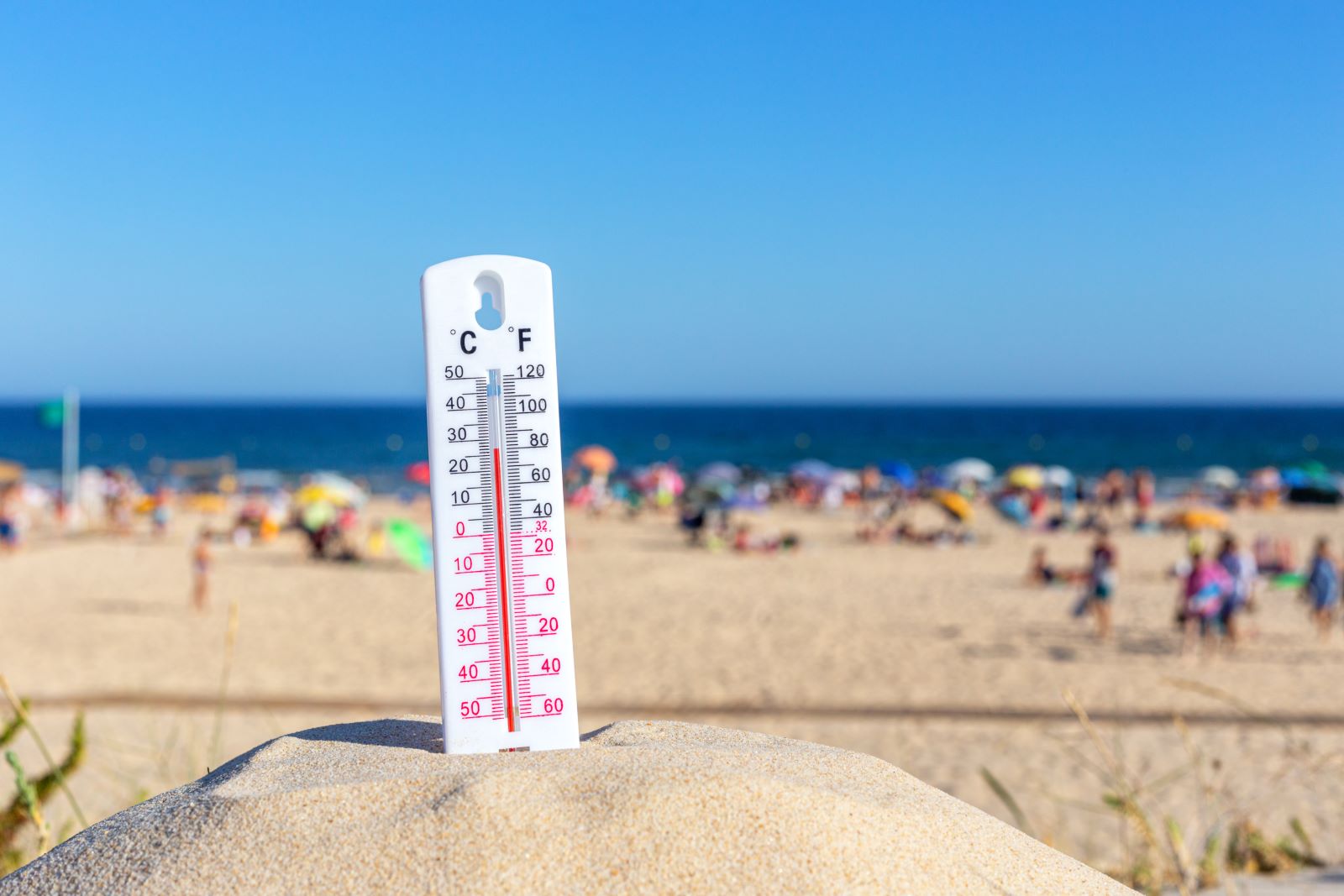
Image Credit: Shutterstock / Serhiy Stakhnyk
Technically speaking, summer 2023 marked the highest global temperatures on record and was among the hottest for numerous states.
But so far, this year has seen more severe heat strokes, baking up nearly all the Lower 48 states this summer.
And the two areas where the heat is doing its worst are the East Coast states and the West.
It’s Worse Now

Image Credit: Shutterstock / Pandora Pictures
For example, Las Vegas is currently in its warmest summer on record, beating the entire country.
But don’t overlook Washington DC, where a new high-temperature record was just smashed – or melted – this Tuesday with a boiling 104 F.
The Warm West
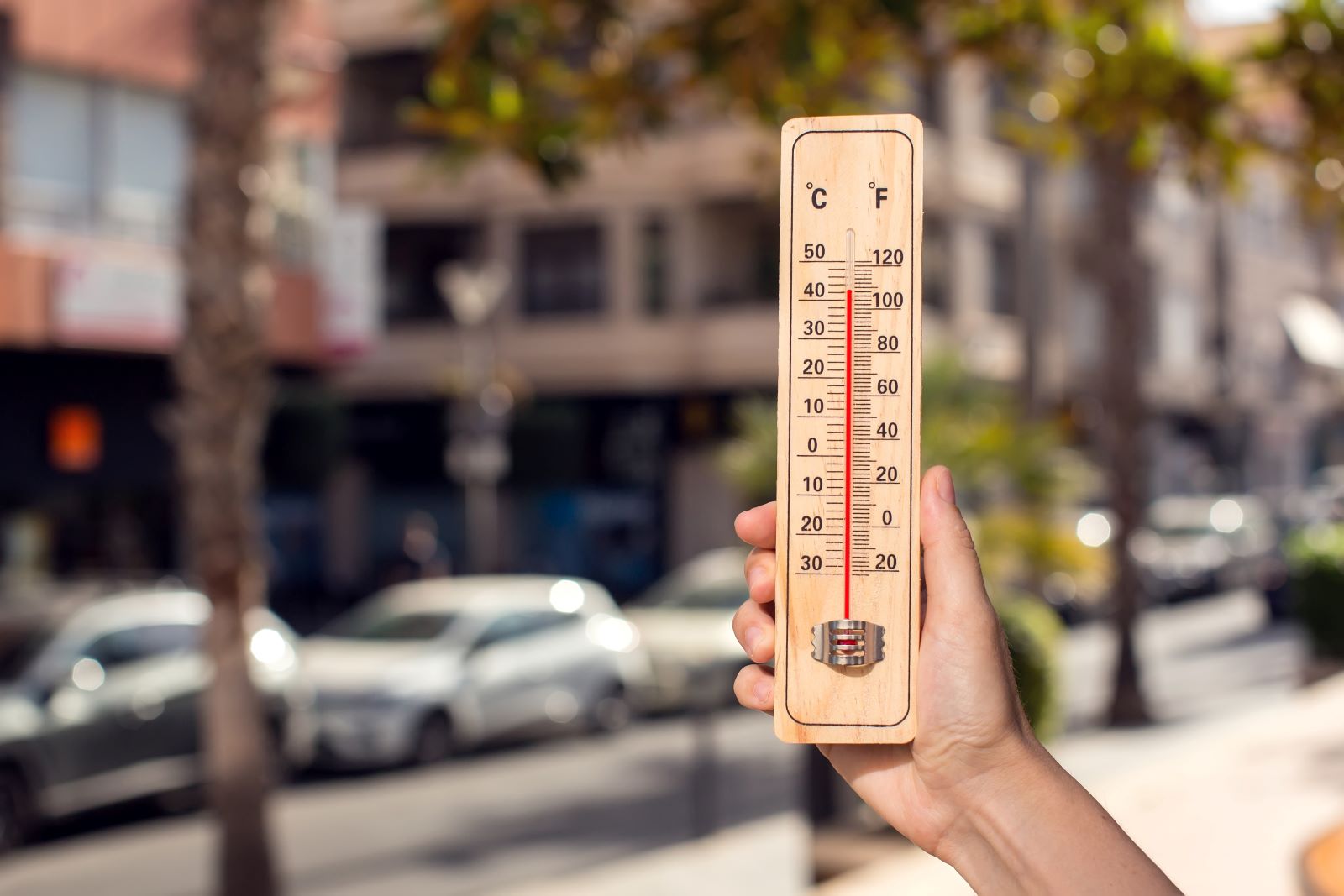
Image Credit: Shutterstock / aleks333
The West Coast in particular is boiling over, as the top 3 cities with the highest average temperatures this summer are:
- Las Vegas, Nevada: average 96.5 F (7.3 F higher than usual)
- Redding, California: average 86.1 F (7.2 F higher than usual)
- Blue Canyon, California: average 71.4 F (7.1 F higher than usual)
Analyzing the Heat

Image Credit: Shutterstock / Oleg Elkov
The average daily temperatures are calculated by taking each day’s average high and low readings – and since June 1st, those have increased several degrees above normal for hundreds of US cities.
This offers a more comprehensive way of indicating how hot it really is, as both hotter days and warmer nights are factored in.
The Warm East

Image Credit: Shutterstock / rblfmr
On the other side of the country, numerous cities spanning from New England to the Mid-Atlantic region are currently facing the warmest start to the summer season ever documented. Here, the top 3 cities experiencing the highest average summer temperatures are:
- Hartford, Connecticut: average 75.9 F (5.4 F higher than usual)
- New Haven, Connecticut: average 74.8 F (5.2 F higher than usual)
- Syracuse, New York: average 73.6 F (5.2 F higher than usual)
Too-Hot Summer Nights

Image Credit: Shutterstock / SFIO CRACHO
According to the National Oceanic and Atmospheric Administration (NOAA), since records started in the late 1800s, the US’ summer nights have been warming up nearly twice as quickly as summer days.
No Time to Chill

Image Credit: Shutterstock / Studio Romantic
These hotter nights elevate the threat of heat by intensifying heat stress as the body has less time to naturally cool down.
The Heat is Moving
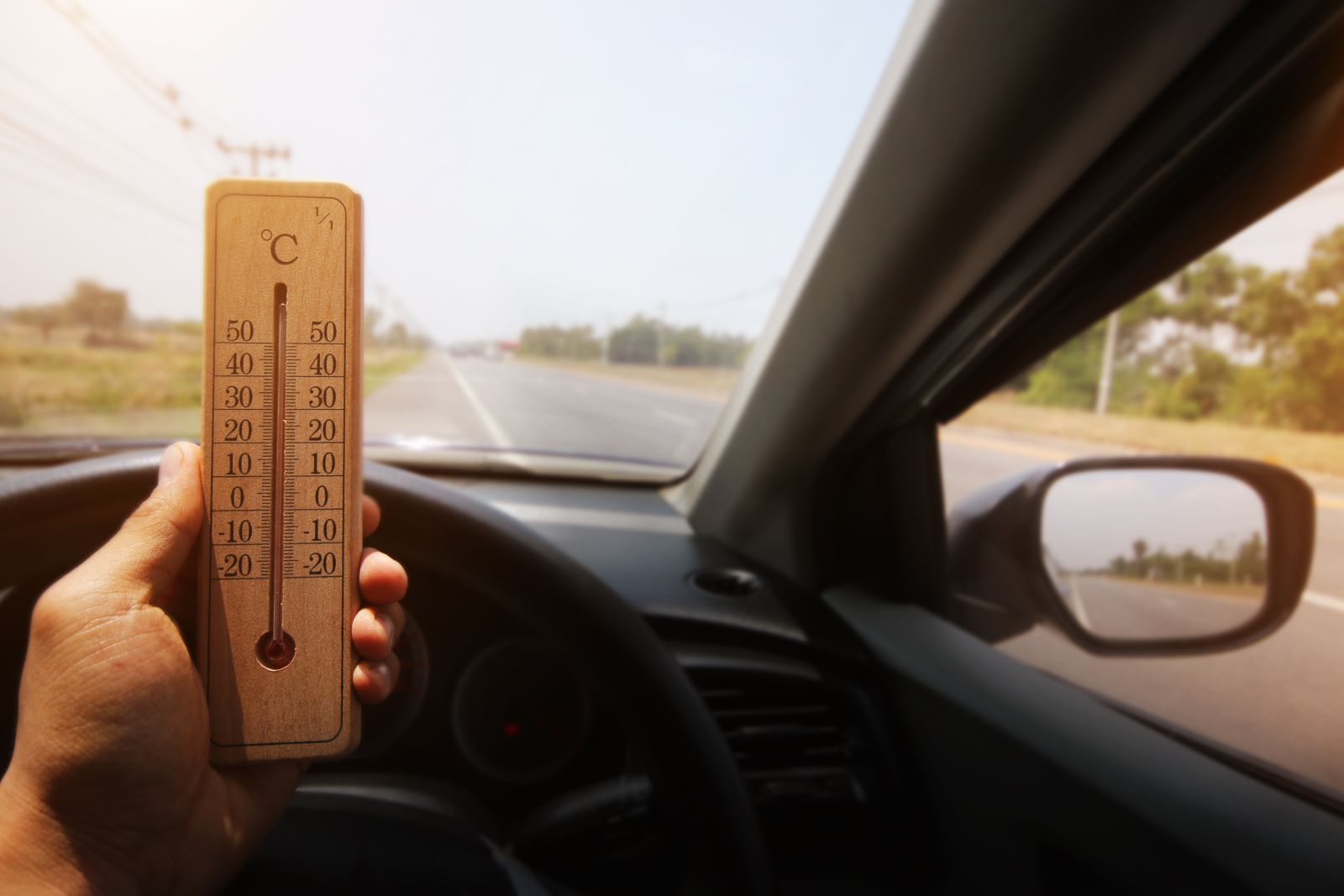
Image Credit: Shutterstock / Pongpic
And things aren’t looking better for the weekend ahead.
As per AccuWeather meteorologists, excessive heat is set to hit the Northwest while heatwaves continue to scorch much of the interior West into the second half of July.
Still Hot

Image Credit: Shutterstock / Salivanchuk Semen
As stated by AccuWeather Senior Meteorologist Dave Houk, a high-pressure system and a northward bend in the jet stream will control the weather conditions across the western US throughout the weekend.
Weather Warnings
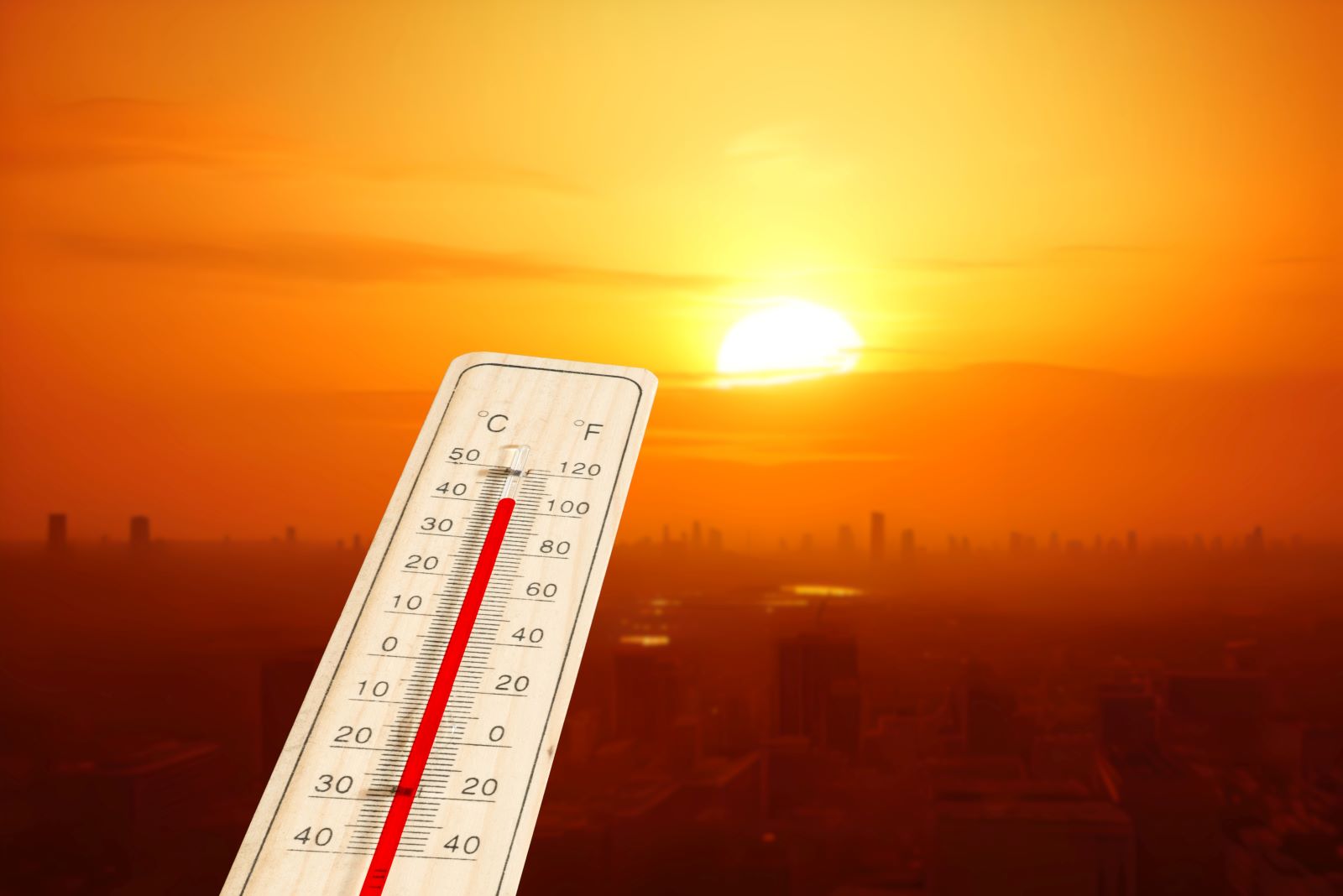
Image Credit: Shutterstock / Bartolomiej Pietrzyk
“But as disturbances attempt to slice northward on the back side of the high-pressure area, along the Pacific coast, temperatures will surge to high levels on some days before being knocked down briefly,” Houk said.
A Sweltering Weekend
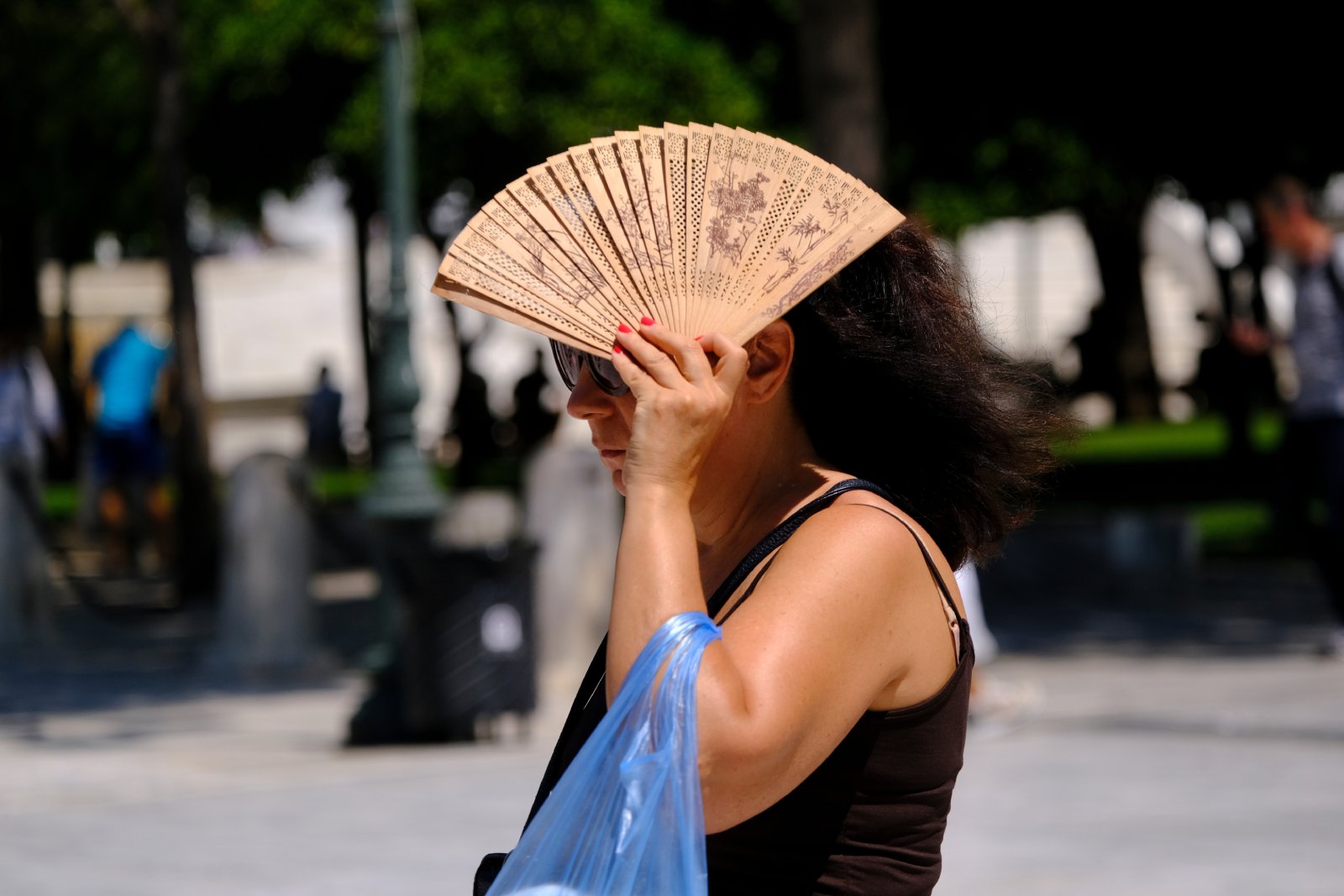
Image Credit: Shutterstock / Alexandros Michailidis
While Pendleton, Oregon’s highs will get close to 104 F on Saturday and Sunday, Spokane in Washington might break its record of 103 F, set in 1905, by soaring to 108 this Sunday.
Boiling in Boise?

Image Credit: Shutterstock / BongkarnGraphic
Moving east, Boise, Idaho, could reach at least 100 F every day until Thursday of next week.
And as the temperatures build up into the start of next week, heat of possibly 110 F could be felt for more than one day until Monday.
Records to Break?

Image Credit: Shutterstock / Maridav
Other interior Northwest cities which may also smash heat records include Pocatello, Idaho; and Helena, Montana.
This Can’t Continue

Image Credit: Shutterstock / aerogondo2
Due to millions in the south and northeast battling exceedingly high temperatures and ongoing wildfires in the western US and Canada, 14 state attorneys general are imploring the federal government to declare both extreme heat and wildfire smoke as major disasters.
States Stating the Facts

Image Credit: Shutterstock / Andrey_Popov
Arizona Attorney General, Kris Mayes, submitted a letter to the Federal Emergency Management Agency (FEMA) on Tuesday.
The letter was also approved by the attorneys general of California, Colorado, Connecticut, Illinois, Maryland, Massachusetts, Michigan, New Jersey, New Mexico, New York, Oregon, Vermont and Washington DC.
Help Is Needed

Image Credit: Shutterstock / Sergey Nivens
“The likelihood of high-severity extreme heat and wildfire smoke events is increasing due in part to climate change,” Mayes stated in the letter. “We urge FEMA to update its regulations to prepare for this hotter, smokier future.”
Will It Happen?

Image Credit: Shutterstock / Salivanchuk Semen
However, FEMA currently doesn’t recognize extreme heat and wildfire smoke as major disasters.
In June, a union of environmental-, labor-, and health organizations requested that the federal agency acknowledge their petition for recognition under the Stafford Act, which is liable for managing disaster relief.
Bad Reviews

Image Credit: Shutterstock / Salivanchuk Semen
“Across the country, people are suffering and dying from extreme heat,” said Jean Su, Energy Justice Director and Senior Attorney at the Center for Biological Diversity.
“FEMA can bring a mass mobilization of resources to deploy life-saving cooling centers, air conditioning and community solar. But so far FEMA’s only shown these communities piecemeal efforts and lackluster leadership.”
A Real Problem
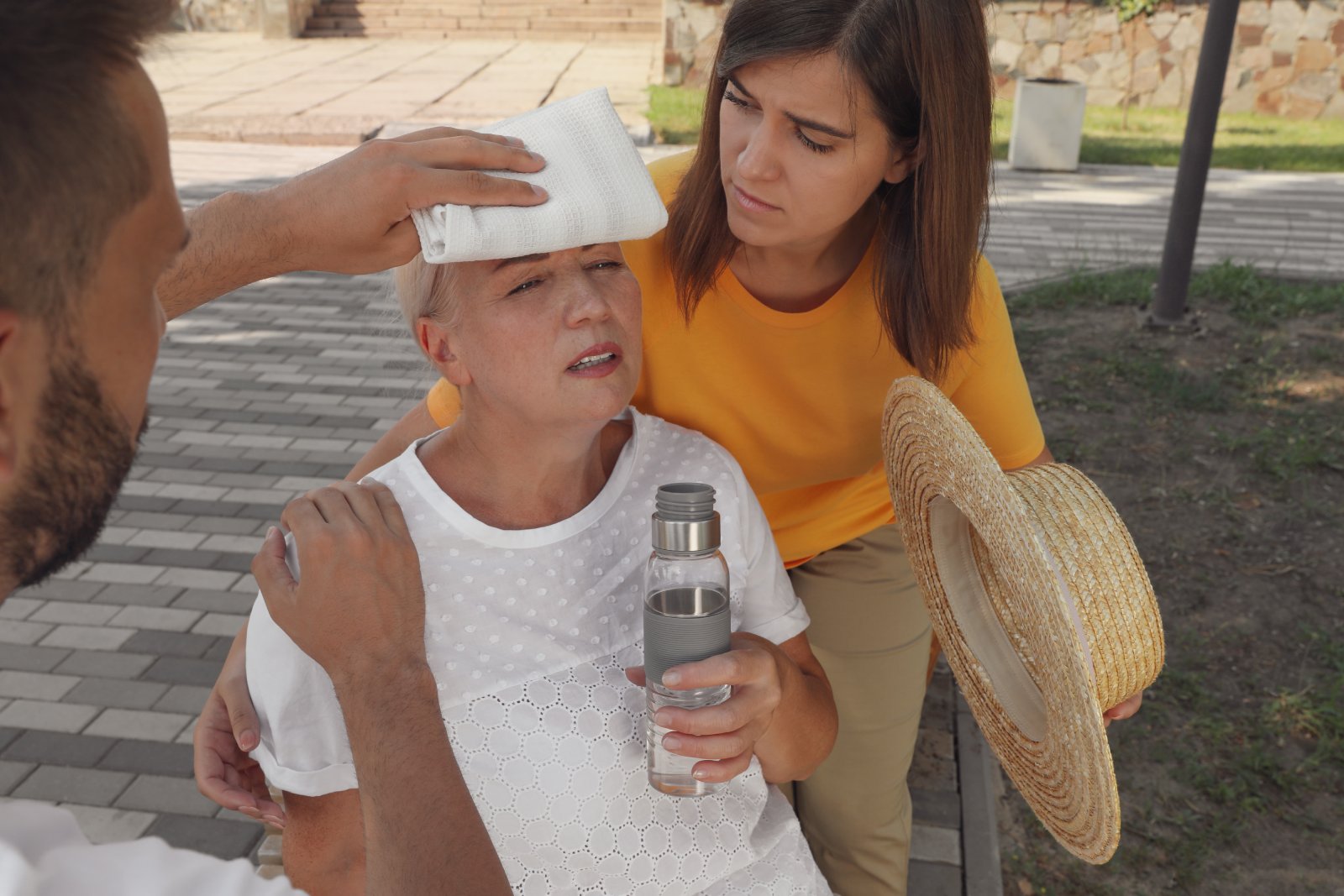
Image Credit: Shutterstock / New Africa
Last year, heat exposure killed 2,300 people, with 874 of those deaths happening in Arizona.
In fact, more weather-related deaths in the US per year are attributed to extreme heat than the combined total of hurricanes, floods, and tornadoes.
Deteriorating Health
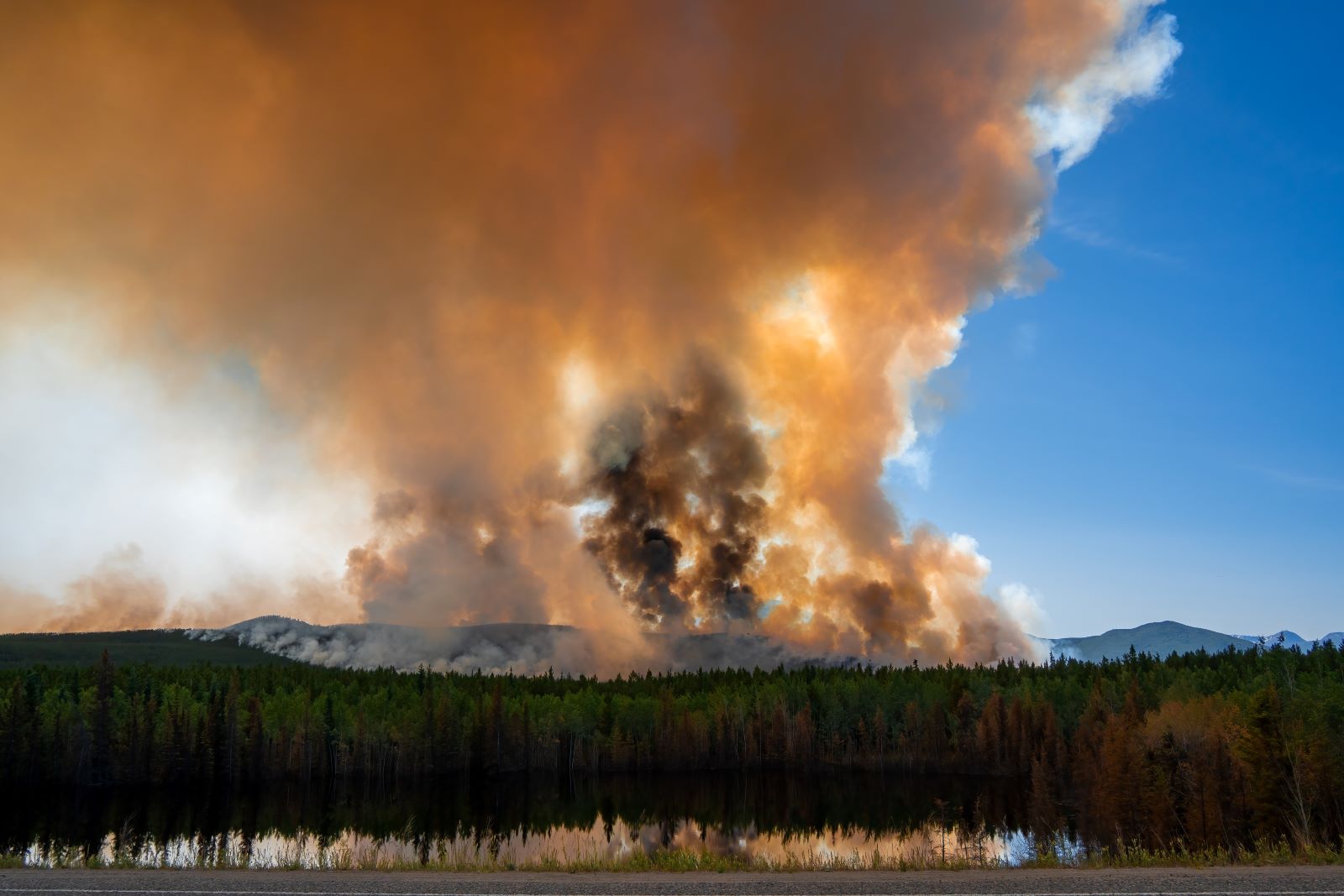
Image Credit: Shutterstock / Mark-Wu
Additionally, exposure to wildfire smoke, even on a small scale, can exacerbate health conditions like asthma, as well as heart- and lung disease.
Oil Dumping Scandal Rocks Ships Heading to New Orleans

Image Credit: Shutterstock / Aerial-motion
Two shipping companies have been fined after knowingly hiding a large oil spill in the Atlantic Ocean. Oil Dumping Scandal Rocks Ships Heading to New Orleans
20 Eye-Opening Realities Facing Retiring Baby Boomers

Image Credit: Shutterstock / Jack Frog
As Baby Boomers approach retirement, the promise of leisure and security often seems unattainable. This generation faces unique challenges that could redefine retirement. Here’s a stark look at the realities shaping their outlook. 20 Eye-Opening Realities Facing Retiring Baby Boomers
Retail Apocalypse: Massive Closures Sweep Across U.S. Brands

Image Credit: Shutterstock / Tada Images
Stores across the U.S. are closing at unprecedented levels, according to new research from advisory firm Coresight Research. Read on for more information about the impact this could have on you and your communities. Retail Apocalypse: Massive Closures Sweep Across U.S. Brands
Featured Image Credit: Shutterstock / Tom Wang.

